|
In 2011, the Town of Springfield issued building permits to Palmer for the construction of a biomass plant which would burn wood chips to generate electricity. There was a lot of opposition (including from Sustainable Wellesley as this is an environmental justice community) and some problems securing funding, and so construction was delayed.
By 2020 even our US Senators said the permits should be revoked. The Zoning Board of Appeals finally revoked the permits. Palmer sued, but the Land Court upheld the ZBA’s decision, finally stopping the construction of this dirty, polluting power plant in the proclaimed Asthma capital of the United States. Keep up the advocacy team! Victory feels good. Join a hybrid event: In person at First Parish Concord - 20 Lexington Rd in CONCORD or online
Saturday, January 20th, 2024 2pm - 3:30pm RSVP Here. Facebook Event here. Join the MA Environmental Justice Legislative Table to discuss the elephant in the room- how do we build the renewable distributed electric grid we need fast, while not repeating the mistakes of the past? Learn more about our vision for infrastructure, energy democracy, and centering frontline communities in the process- as well as the current policy proposal from the EJ Table to greenlight good projects fast and nip bad projects in the bud. The MA Environmental Justice Legislative Table members include GreenRoots, Alternatives for Community & Environment, Coalition for Social Justice, Arise for Social Justice, Groundwork Lawrence, and the North American Indian Center of Boston with allied support from Conservation Law Foundation, Union of Concerned Scientists, Massachusetts Public Health Association, Unitarian Universalist Mass Action, Clean Water Action, MA Climate Action Network, and Environmental League of MA. Sustainable Wellesley is a co-sponsor of this event. After over a year and a half of calling on the Massachusetts Office of Energy and Environmental Affairs to do their job and conduct a Comprehensive Health Impact Assessment (CHIA), Mass Climate Action Network (MCAN) took matters into its own hands and conducted a preliminary assessment of the health outcomes of communities that live near the proposed site of the Peabody Peaker.
The results from their study were deeply concerning and highlight the need for additional analysis on the impact the proposed Peabody Peaker will have on neighboring communities that are already overburdened. They found that communities that are within 2 kilometers of the proposed project site:
Press Release from:
Clean Water Action, Mass CLU and Mass Climate Action Network State’s energy policies must now weigh equity, climate concerns and community safety alongside cost and energy needs Massachusetts' breakthrough climate law takes legal effect today, 90 days after it was signed by Gov. Charlie Baker. Most notably, effective today, the scope and mission of one state agency, the Department of Public Utilities (DPU), has changed dramatically. The DPU can no longer make decisions strictly based on the criteria of system reliability and affordability, instead it must factor in the effects of our energy system on residents health and safety and the climate, as well as cumulative impacts for environmental justice communities. The bill rode a rollercoaster on the way to passage in late 2020 and early 2021. Governor Charlie Baker vetoed a version of the legislation that came to his desk days before the end of the 2019-2020 legislative session. When it reached his desk again in January, Governor Baker sent watered down amendments back to the legislature. House and Senate leaders responded to pressure from their constituents and overwhelmingly rejected efforts to weaken key parts of the legislation. The Governor finally capitulated and signed the bill into law in March 2021. The Department of Public Utilities must align its policymaking with an ambitious new mission. Under the Next Generation Roadmap, the DPU must give equal weight to six factors as it decides electric power and natural gas rates, reviews contracts with electric and gas companies, and makes policy. System reliability and affordability, the DPU's two long standing priorities, will remain crucial, but starting today the DPU must also consider four new criteria -- safety, system security (from both cyberattacks and physical sabotage), equity, and reductions in climate pollution (GHG). “This bill takes an important step by putting equity and climate explicitly in the mission of our utility oversight. It's been long overdue.” said Lee Matsueda of Community Labor United, “Now our energy policy will have more clear guidance to better serve Environmental Justice communities, and confront disproportionate impact and unequal treatment.” Also starting today is the requirement that all parties - the state agencies, the utilities, the program administrators - involved in running Mass Save must factor the “social value of greenhouse gas emission reductions” into the design, evaluation, and approval of program service. Essentially, until now, the benefits of not burning dirty fuel for health and climate justice have been missing from the cost-benefit analysis. “With the social value and benefits of equitable energy efficiency being finally added to the equation, we will see deeper investments in these critical programs.” said Andrea Nyamekye of Neighbor to Neighbor, “Cleaner air, lower heating and cooling bills, and lower asthma rates in historically impacted communities.” This new requirement begins little more than a month after the Energy Efficiency Advisory Committee shared a Draft 2022-2024 Energy Efficiency Plan. During the last public comment session, advocates highlighted another new statutory requirement, effective today, to align the plan’s goals and benchmarks with the new emissions targets that will be established on July 15 by the Office of Energy and Environmental Affairs. The Green Justice Coalition has worked for years to increase access to energy efficiency programs in language isolated and low-income communities. “Residents in our state are struggling with high utility bills and economic hardship after COVID-19; with the rising temperatures every year, we cannot let our communities suffer any longer. We call on the Baker Administration to address the barriers that are preventing participation by members of EJ communities and reject any 3-year plan that doesn’t center the needs of these communities.” said Paulina Casasola, Climate Justice Organizer for Clean Water Action. “Governor Baker had succumbed to the interests of real estate lobby groups and attempted to water down key provisions in the bill, targeting the net zero stretch provisions,” Sarah Dooling of the Massachusetts Climate Action Network said. “But advocates got this bill over the finish line by demanding buildings be part of the climate solution, and legislators listened. Building code is now valued as a core part of the climate movement. The bill also adds three new seats to the Board of Building Regulations and Standards -- with expertise in commercial and residential building energy efficiency, and advanced building technology. The BBRS is now in a position to work effectively with the Department of Energy Resources on developing a true net zero stretch code guided by community input.” On Wednesday, June 23 from 7-8:30pm, join the virtual conversation about the intersection of environmental justice, corporate greed, pollution, and the climate crisis in ‘No Time to Waste: Toxic Plastic and the Climate Crisis.’ Panelists will share results from a recent Fairhaven beach cleanup and brand audit, learn about how plastic production affects EJ communities, and hear how we can work together to get the Break Free From Plastic Pollution Act passed.
Panelists:
REGISTER HEREREGISTER This event is hosted by Unitarian Universalist Society of Fairhaven and Climate Reality Project Massachusetts Southcoast. An energy efficient building code that still allows the combustion of fossil fuels is not helping Massachusetts achieve its goal of Net Zero greenhouse gas emissions by 2050.
Because of the state’s Net Zero goals outlined in Gov. Baker’s Clean Energy Climate Plan, new homes will have to either be built to Net Zero now or be retrofitted later. It is less expensive to both the state and owners to build Net Zero buildings now than to retrofit buildings down the line. But cities and towns are prohibited from exceeding the state’s “stretch” code (a building code that requires higher energy efficiency standards for new buildings than the base code) even while many developers are already building to Net Zero standards at little to no a to no additional cost (ReadyforNetZero_03.01.21.pdf). That’s why Massachusetts needs a new “Net Zero” stretch code that includes the use of renewable energy instead of gas or oil. To keep the pressure up to guarantee that the Net Zero stretch code developed by the Department of Energy Resources is truly Net Zero, please consider: 1) Writing to the Board of Building Regulations and Standards ([email protected]) to let them know that a true Net Zero stretch code means building safe and healthy housing, affordable to heat and cool, and effective in mitigating climate change. A true Net Zero stretch code transforms our buildings from a major source of emissions to being part of the climate solution. 2) Share the news on your favorite social media and include any and all of the following hashtags: #NetZeroForAll, #NetZeroNow, #ProtectOurAir, #ElectrifyEverything, #AllElectric, #PassOnGas, #GasFreeHomes, #CleanEnergy, #AirPollution· Need inspiration? Harvard Study estimates burning fossil fuels for buildings costs Massachusetts $8.4 billion in annual health impacts An interactive map shows health impact of building emissions by state Thanks! 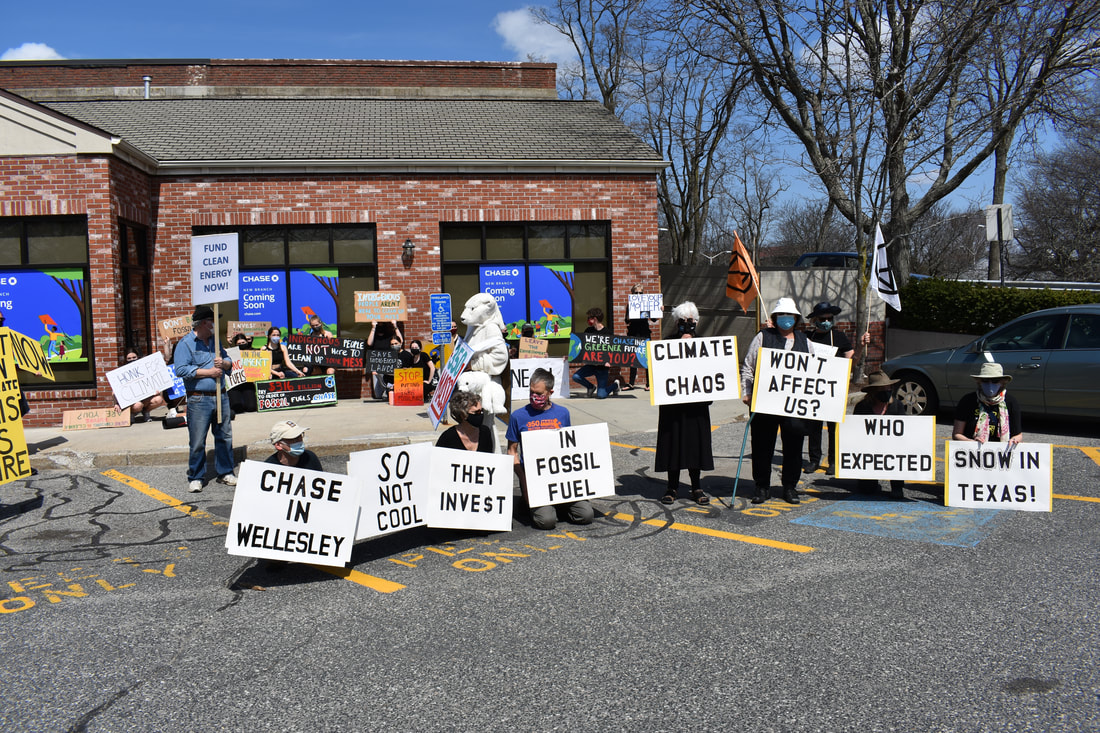 Did you hear the honks and see the signs? Last Saturday, more than 50 high school and college students and adults of all ages bookended Wellesley Square at the former Peet’s Coffee site where Chase Bank will soon open. The goal was to have a presence at the main access points of the Square and the Chase site to alert bikers, walkers, runners and drivers of the huge impact that the banking industry has on our climate crisis and its environmental justice implications. “A new Chase Bank branch will be moving into where Peet’s Coffee was and we felt we would use this opportunity to raise awareness about the fact that JPMorgan Chase Bank provides far more overall funding worldwide for both current and new fossil fuel projects than any other bank in the world,” said Sydney Stearns, Wellesley College Sophomore. “Even though the fossil fuel sector is only a small percentage of Chase's portfolio, any funding to this industry is problematic for the future of our planet,” Stearns said. Other banks in town scoring low on the corporate social and environmental responsibility list due to fossil fuel financing include Citi, Wells Fargo, Bank of America, RBC, and TD Bank. In spite of the severe warnings from climate scientists and worldwide agreements for lowering carbon emissions in the 2016 Paris Climate Accord, Chase has since funded the carbon-polluting fossil fuel industry with more than $268 billion. Fossil fuels, especially from tar sands, are a major cause of climate chaos. “This is part of a national campaign to hold Chase accountable for its complicity in the climate crisis,” said Natick High School student and member of the Sunrise Movement Hannah Takasaki. “We encourage anyone reading this to keep the pressure on until Chase completely stops funding the climate crisis by writing a review to tell Chase to fund a sustainable future. Since they are not alone at profiting at the expense of the environment, and often negatively impact communities of color the most, consider where you bank and which credit cards you hold,” Takasaki said. The 350 Metrowest and Northern 350 organizers felt they had such an impact that they have decided to do it again on Saturday, April 17th and April 24th from 10.30-12pm. The organization is asking the community to learn more, share their knowledge and consider cutting up credit cards, closing accounts and selling shares of banks that support activities that fuel the climate crisis. Local community groups and individuals are encouraged to attend with masks and keeping physical distances. Meet at Wellesley Square @ 5-way Intersection of Rt. 135 & Rt. 16. On April 10th from 10.30am - 12pm, local climate groups led by 350MASS MetroWest are joining together with citizens of all ages in Wellesley Center to make the MetroWest community aware of the huge impact that the banking industry has on climate crisis and environmental justice. All are welcome to join the rally, specifics are here.
“As a new Chase Bank prepares to open for business in Wellesley, it is an ideal time to let passersby know that JPMorgan Chase Bank provides far more overall funding worldwide for both current and new fossil fuel projects than any other bank in the world,” said Rick Devereux, 350MASS MetroWest. Other banks in town scoring low on the corporate social and environmental responsibility list due to fossil fuel financing include Citi, Wells Fargo, Bank of America, RBC, and TD Bank. In spite of the severe warnings from climate scientists and worldwide agreements for lowering carbon emissions in the 2016 Paris Climate Accord, Chase has since funded the carbon-polluting fossil fuel industry with more than $268 billion. Fossil fuels, especially from tar sands, are a major cause of climate chaos. “Banks are making profits at the expense of the environment and their policies often negatively impact communities of color the most,” said Wellesley College student Suzanna Schofield. The good news is that the fossil fuel sector is only a small percentage of Chase’s portfolio, so the option to stop its support is within reach. The demonstrators will be asking the community to learn more, share their knowledge and consider cutting up credit cards, closing accounts and selling shares of banks that support activities that fuel the climate crisis. Masks and physical distancing required. Rain date April 17th. Style. Fashion. Inspiration. All in a conscientious way.
Join the Zoom chat this Thursday, March 4th, at 7. Learn more about who is really paying the price for fast fashion. We will be looking at not only the sustainable factors but the ethical and societal as well. After offering some solutions, we will be opening it up to questions and answers. To Attend: Please fill out this form and submit your questions or comments. |
Categories
All
|
Sign up for updates! |
Contact |
Support us! |
Follow us!Copyright © 2024 By Sustainable Wellesley
|


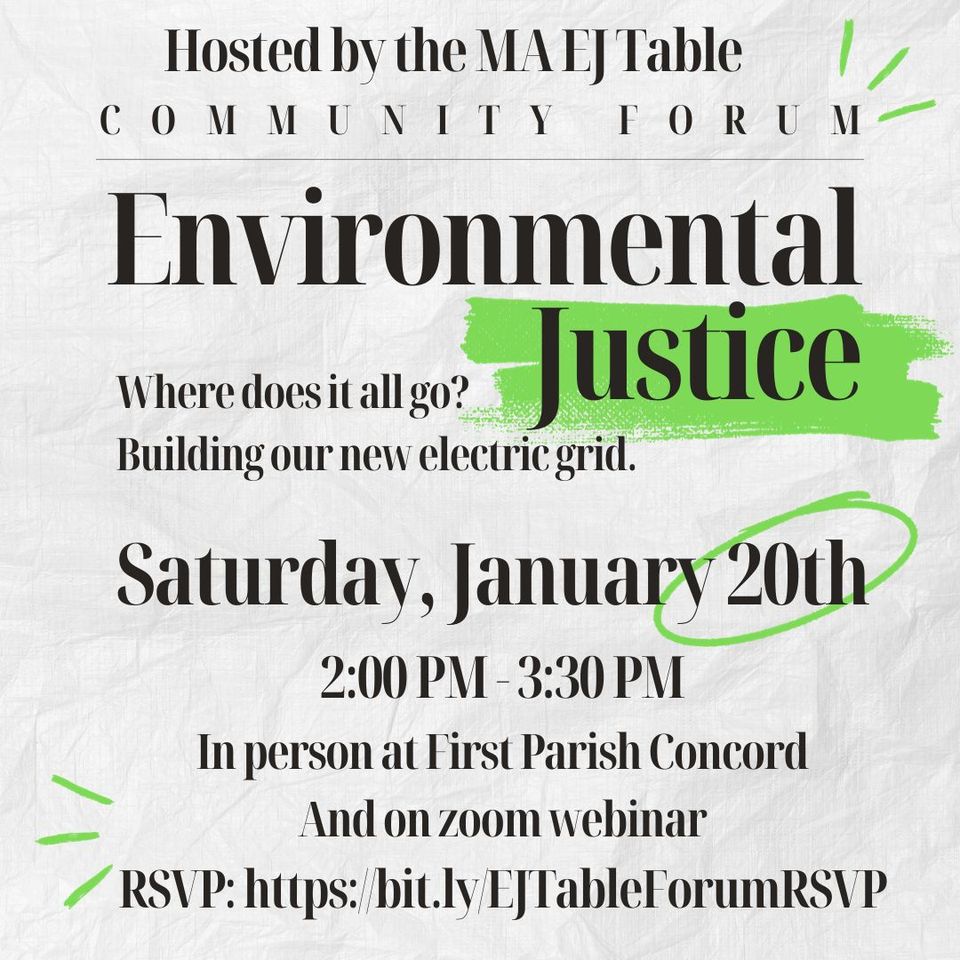
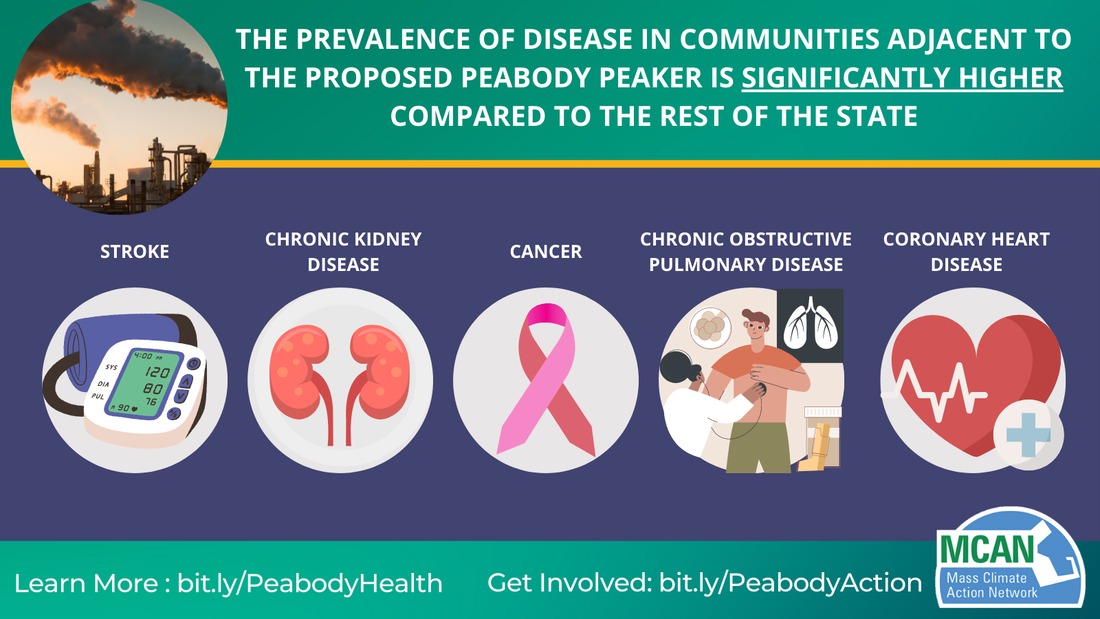
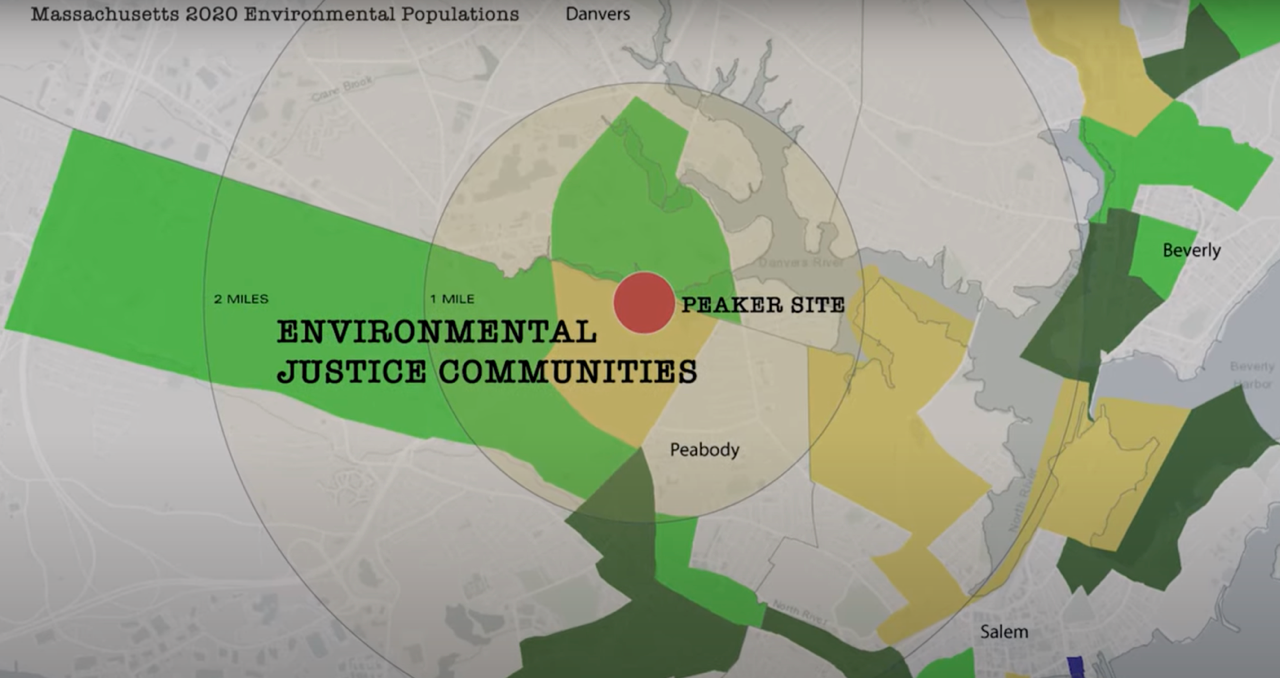
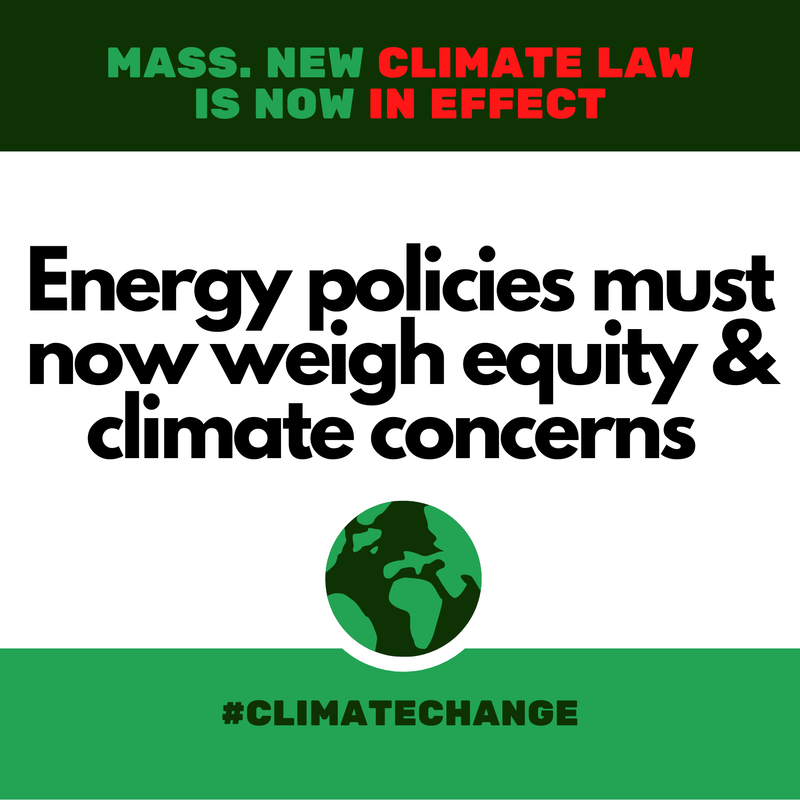
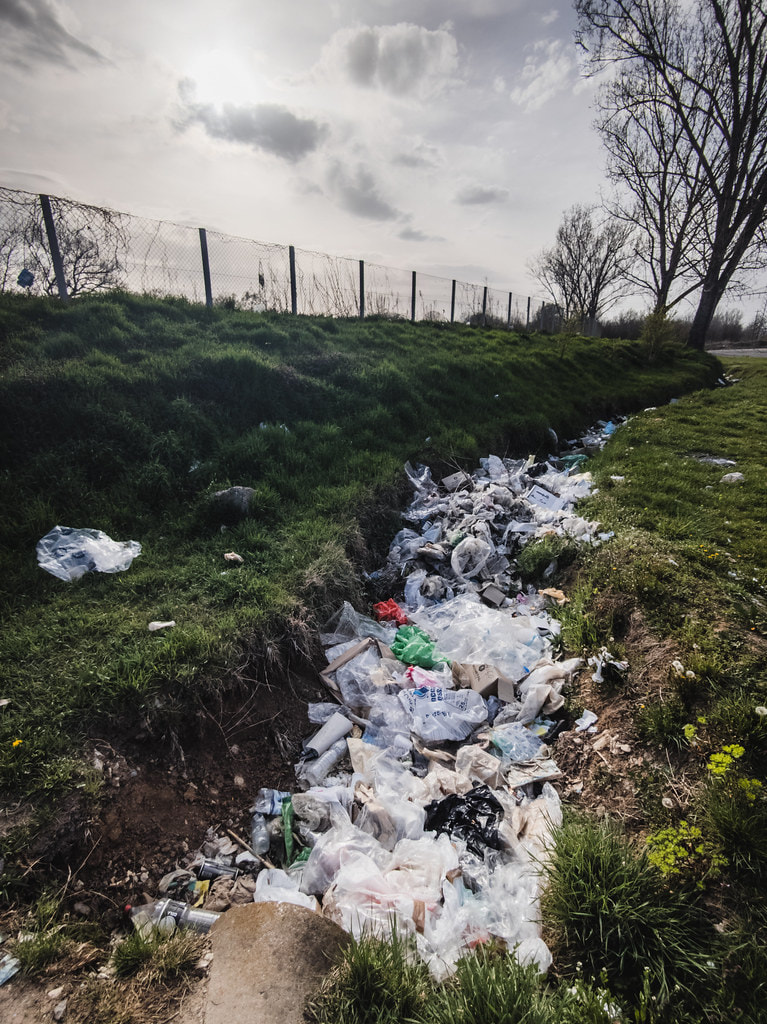


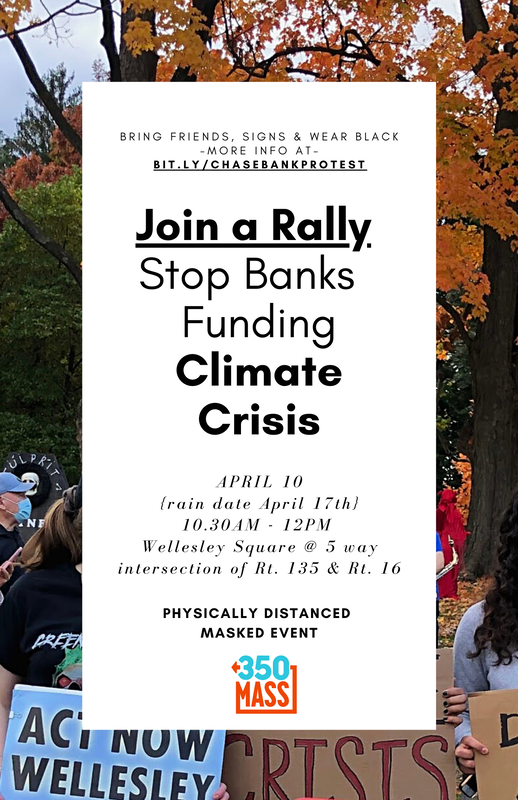

 RSS Feed
RSS Feed